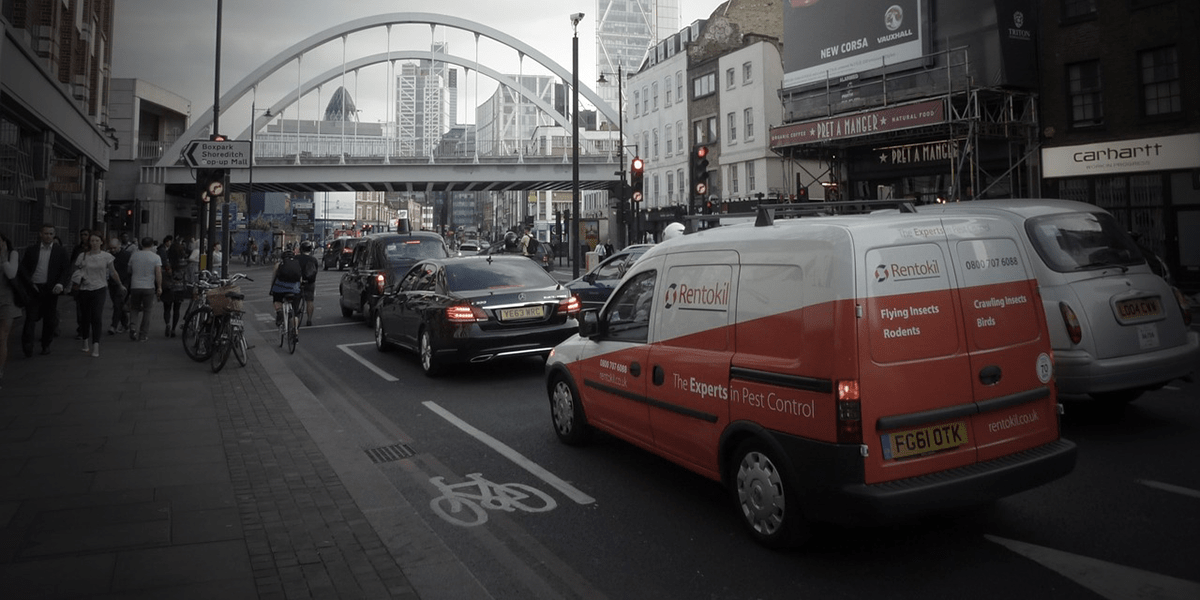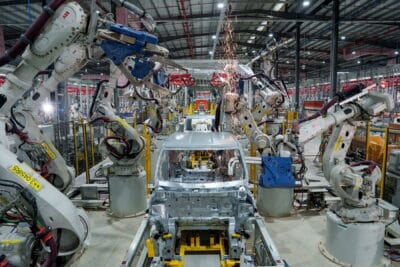UK considers weakening ICE exit
Britain’s Prime Minister Rishi Sunak apparently wants to weaken a number of climate protection measures, including postponing the ban on the sale of new cars with internal combustion engines. As the BBC writes, citing several sources, the ban on the sale of new petrol and diesel cars is to be pushed back by five years from 2030 to 2035. Rishi Sunak will announce these and other mitigation measures in a speech in the coming days.
The ban on internal combustion vehicles in the UK was brought forward from 2035 to 2030 in 2020 under the then Prime Minister Boris Johnson. The measure was part of a ten-point plan for a “green industrial revolution”. Johnson wanted to combat climate change and create new jobs, for example in the energy sector.
Sunak’s decision is apparently also about jobs, but rather about preserving existing jobs – the British prime minister fears being overtaxed if the economy is hastily restructured. “For too many years politicians in governments of all colours have not been honest about costs and trade-offs. Instead they have taken the easy way out and said we can have it all,” the BBC quotes Sunak as saying. “This realism does not mean we lose our ambition or abandon our commitments. Quite the opposite.” He said his government is committed to achieving net zero CO2 emissions by 2050.
In the speech announced for later this week, Sunak is expected to praise the UK’s efforts so far, according to the informants. As a result, he is likely to argue that “other countries need to do more to play their part”, according to the BBC.
In addition to delaying the end of the internal combustion engine (although this is likely to be adhered to in principle), Sunak could announce up to six other measures – but the details of the speech have apparently not yet been finalised. One of them is the installation of heating systems. For example, the ban on installing new gas boilers from 2035 is to be relaxed, and stricter energy efficiency regulations for residential buildings could also be dropped.
Criticism of Sunak’s alleged plans comes not only from the opposition Labour Party, but also from within its own ranks. Two Conservative MPs criticised the approach to the BBC. Zac Goldsmith, who resigned as minister in January in a row with Sunak over the latter’s “apathy” on climate change, sees Britain’s credibility on environmental issues at risk. “His short stint as PM will be remembered as the moment the UK turned its back on the world and on future generations. A moment of shame,” Goldsmith said.
Update 21 September 2023: On Wednesday evening, Prime Minister Rishi Sunak gave his expected speech. As previously speculated, he postponed the phasing out of internal combustion vehicles in the UK from 2030 to 2035. You can find all the details in this article.





2 Comments